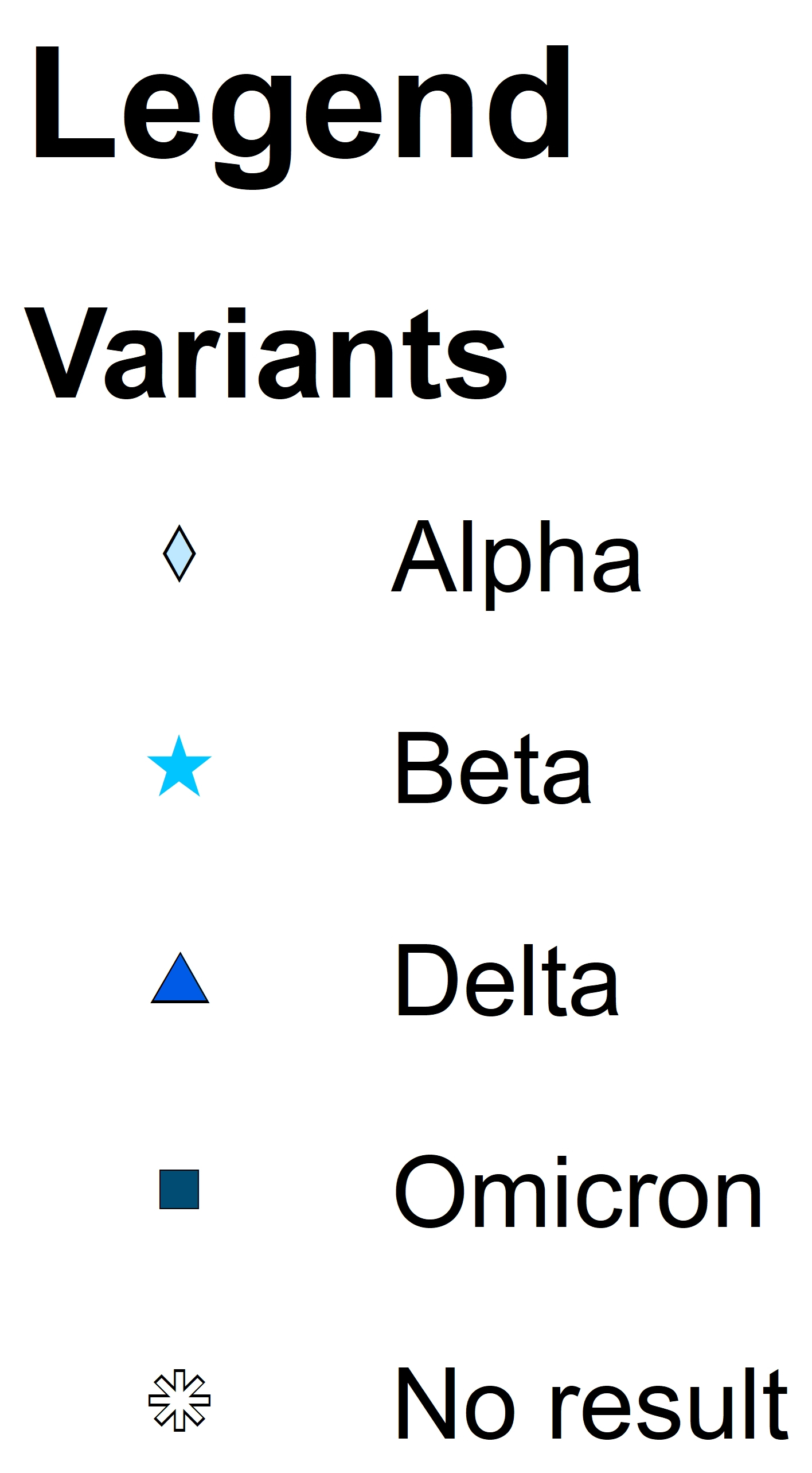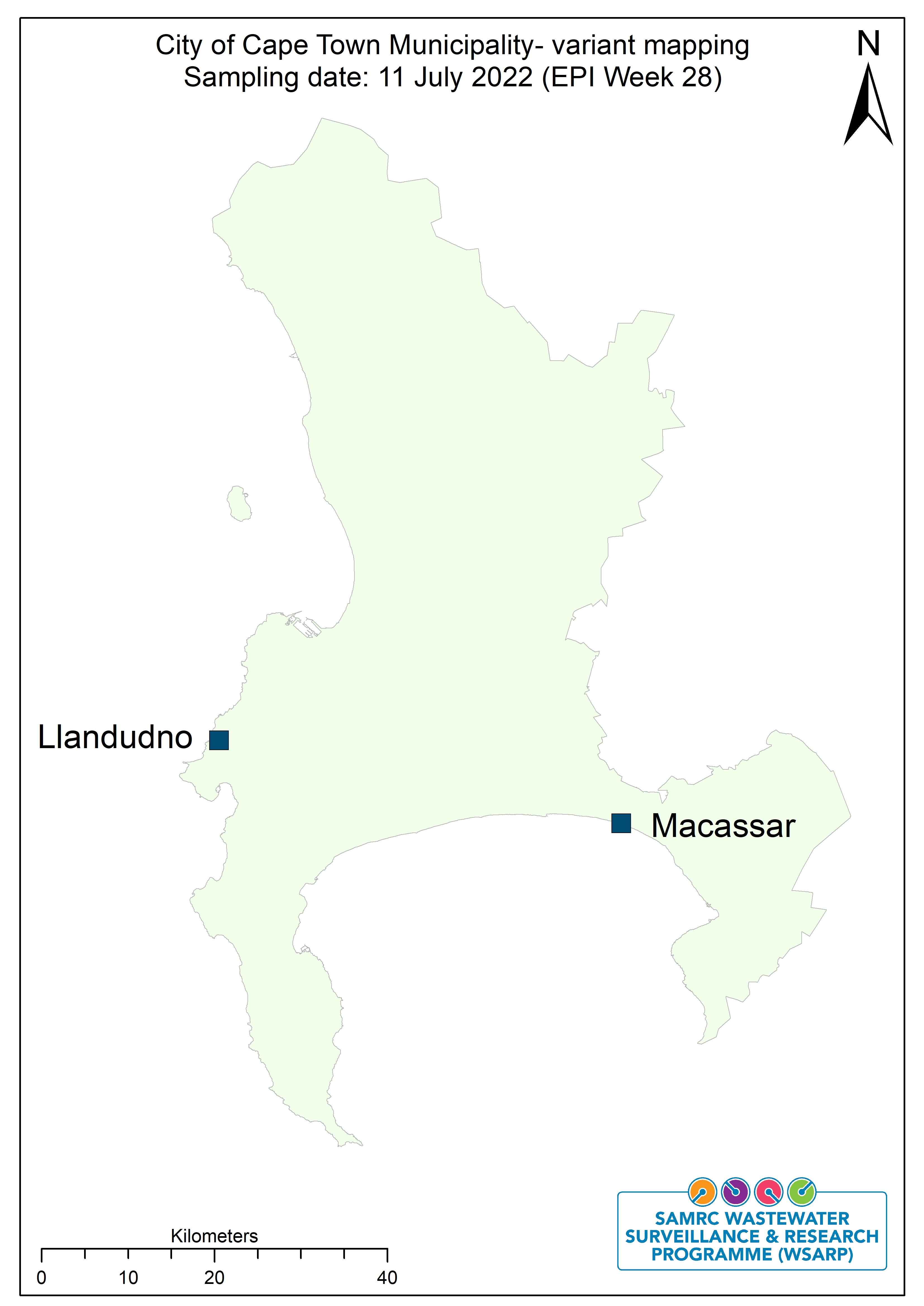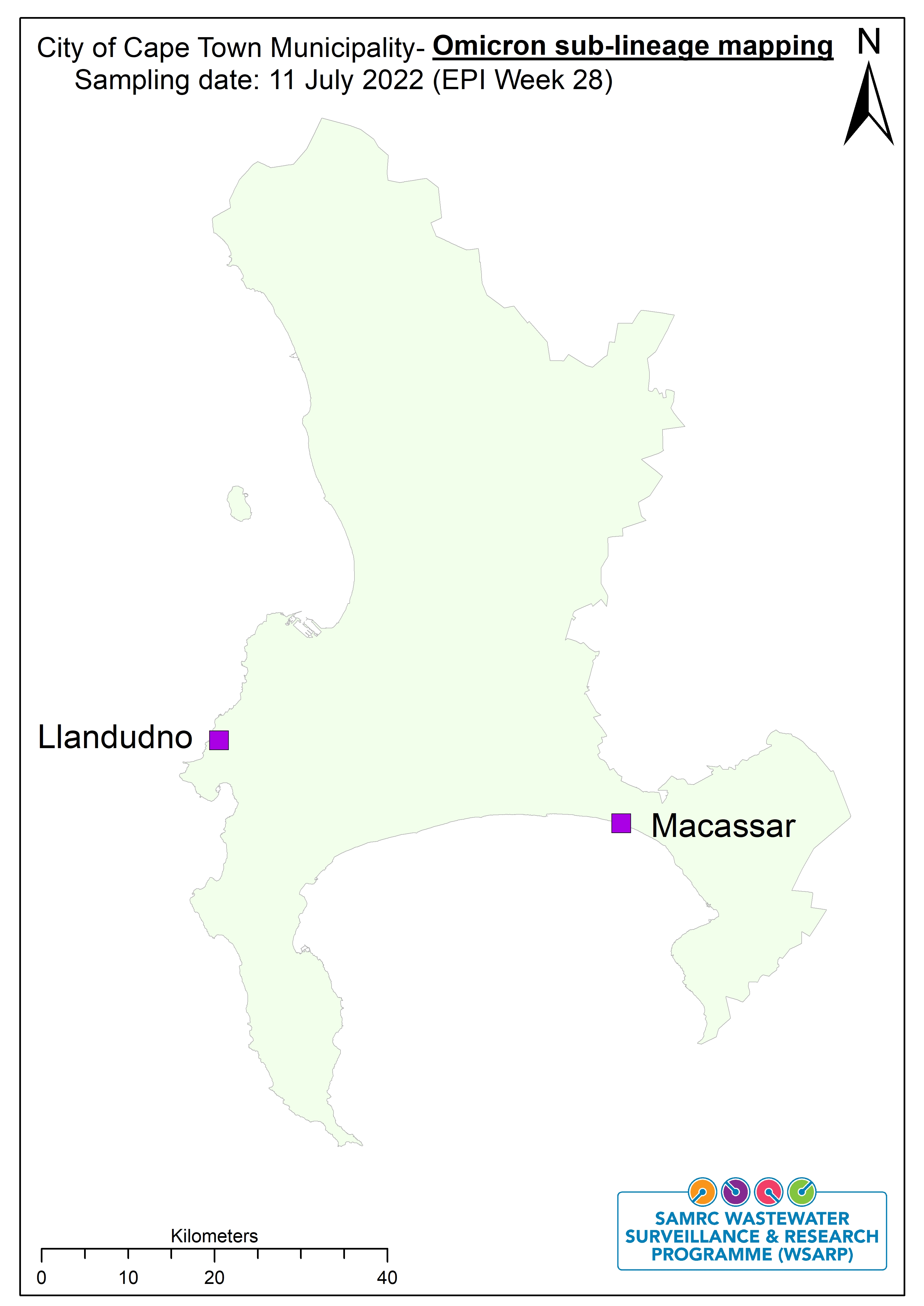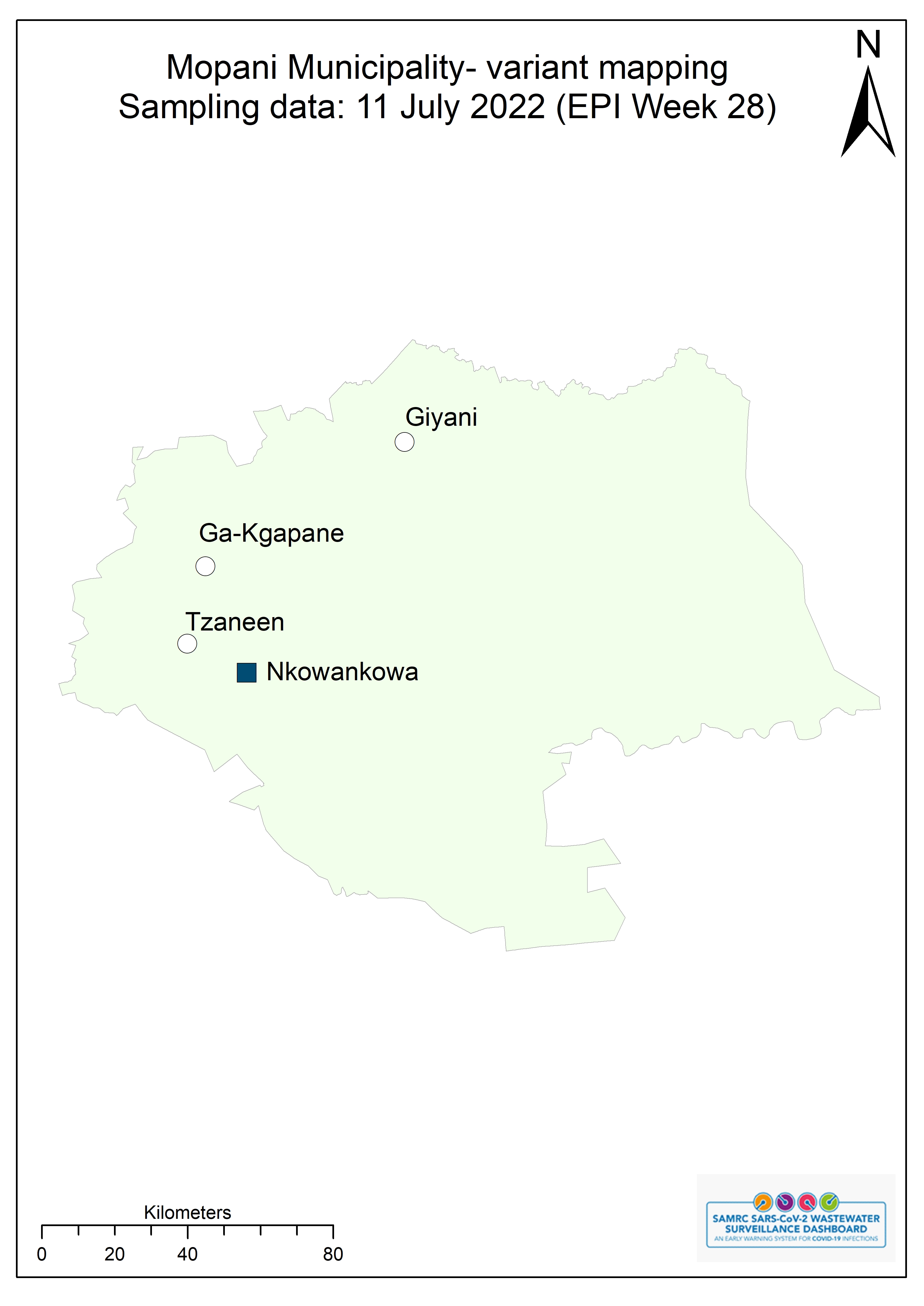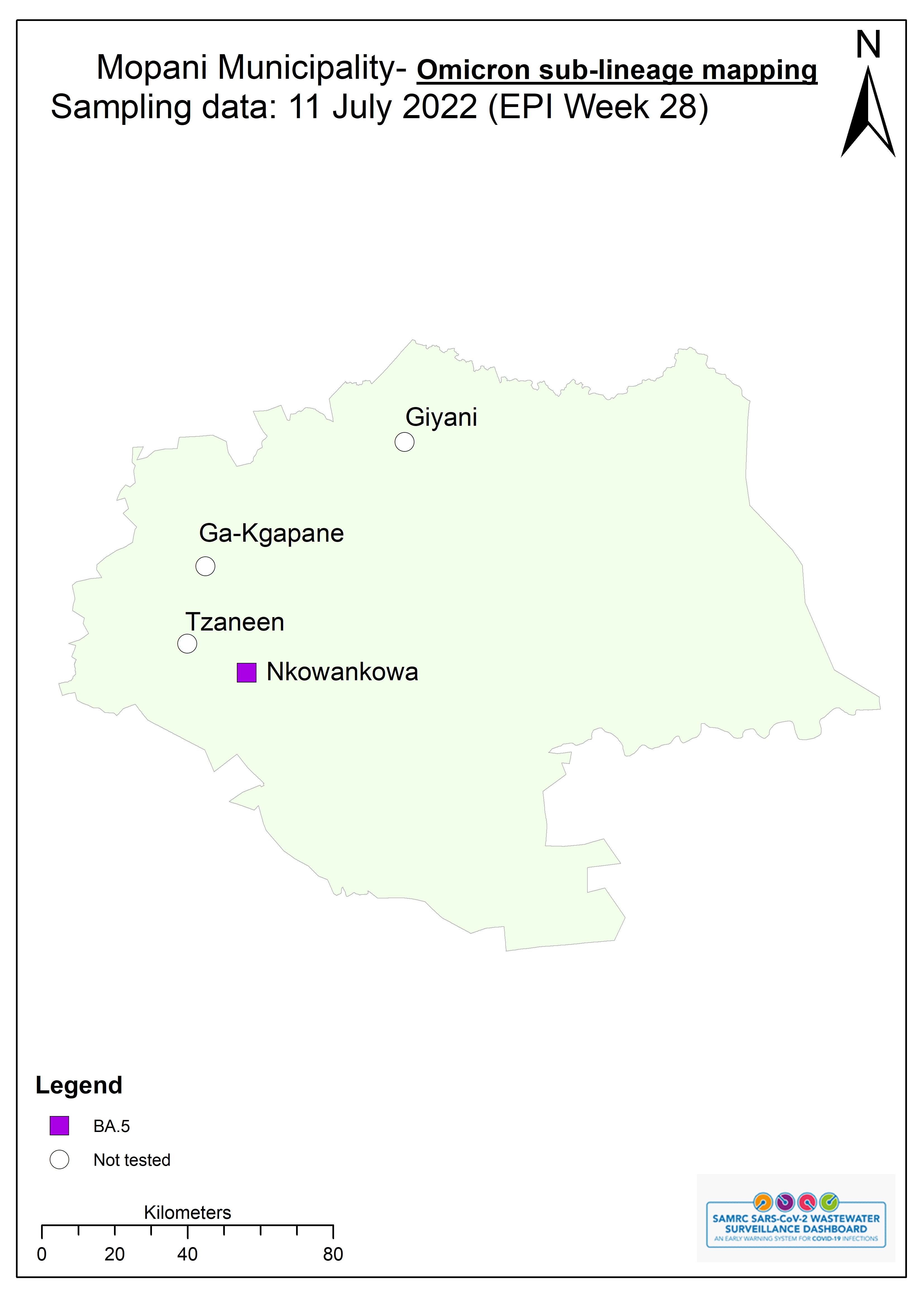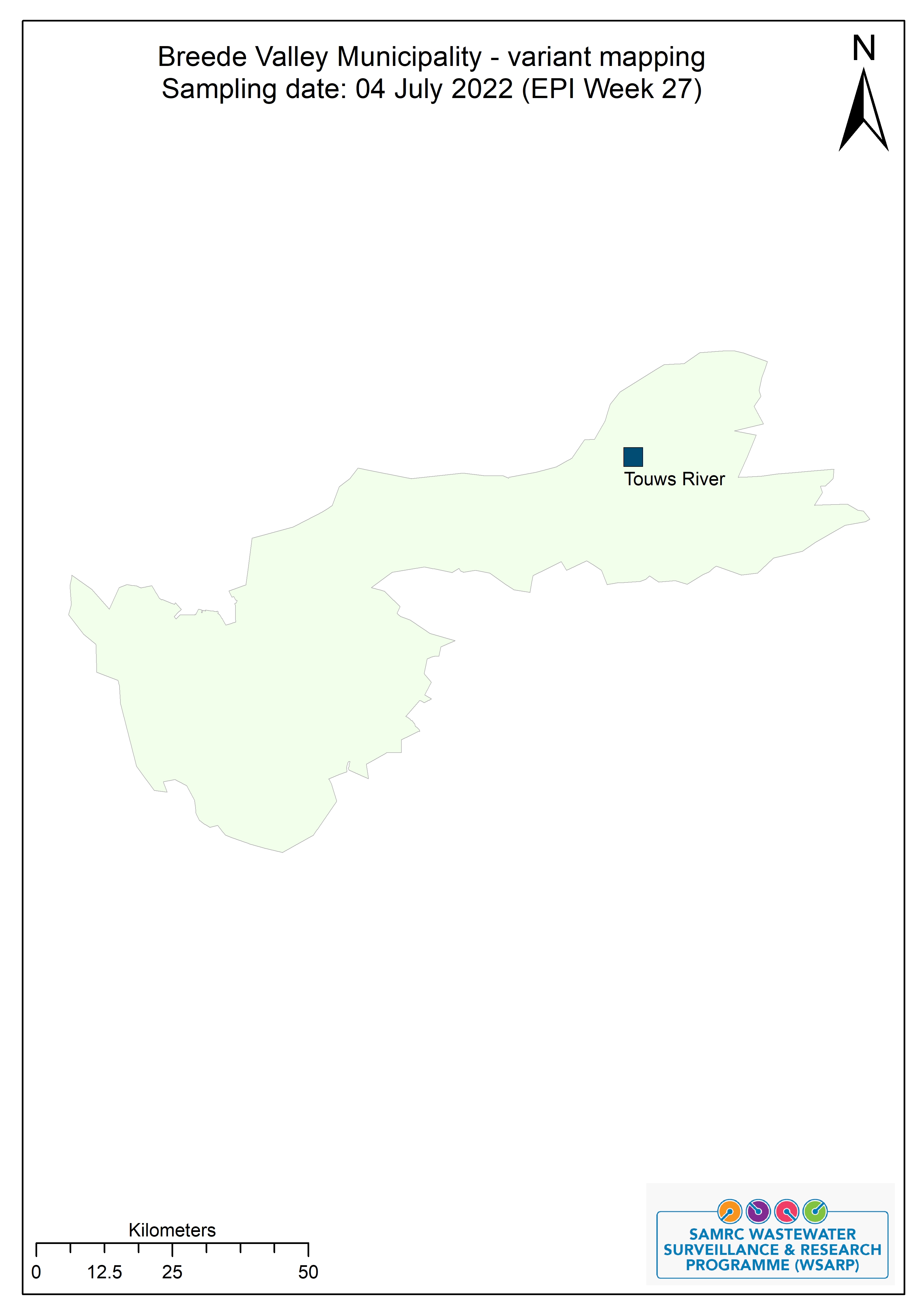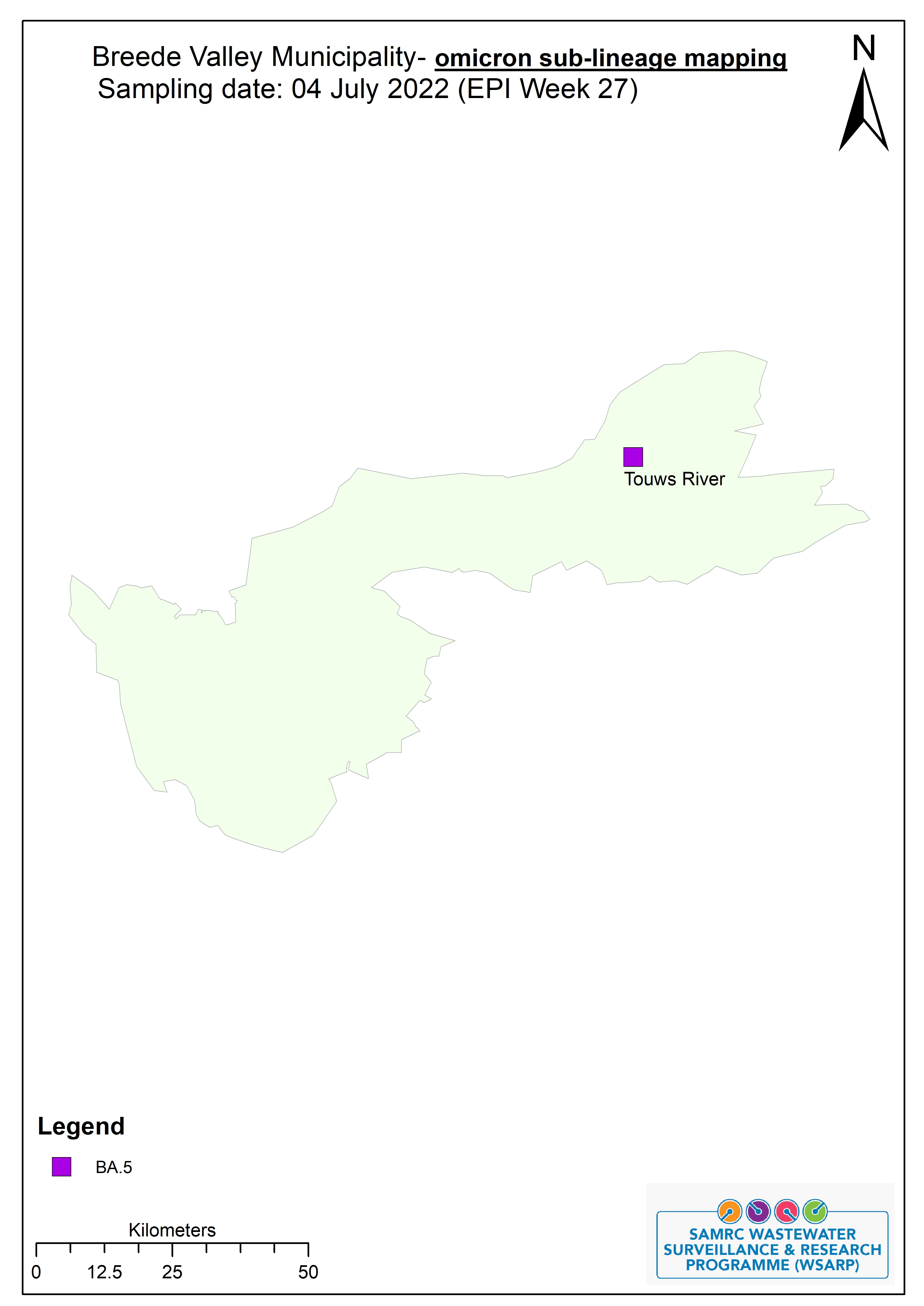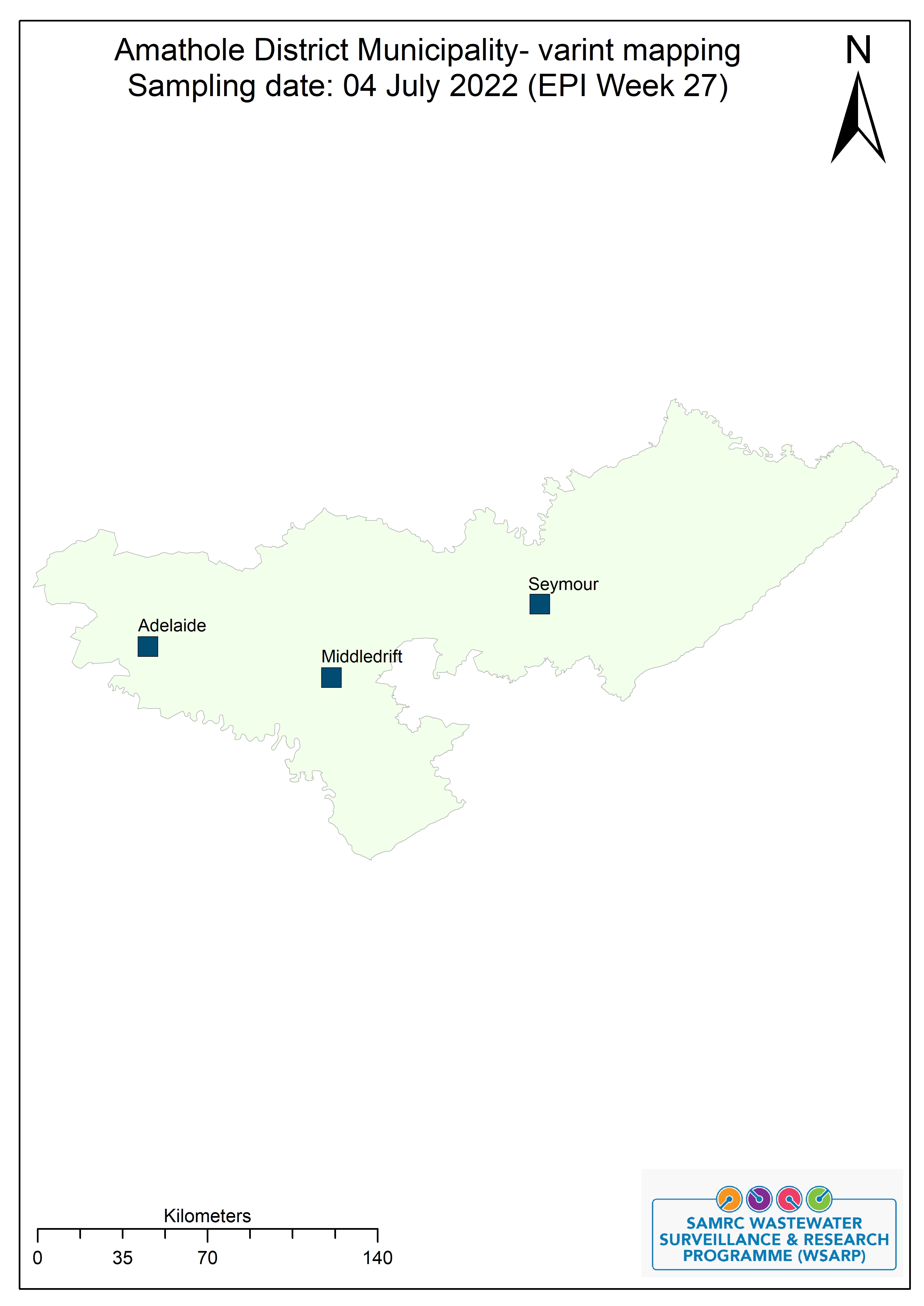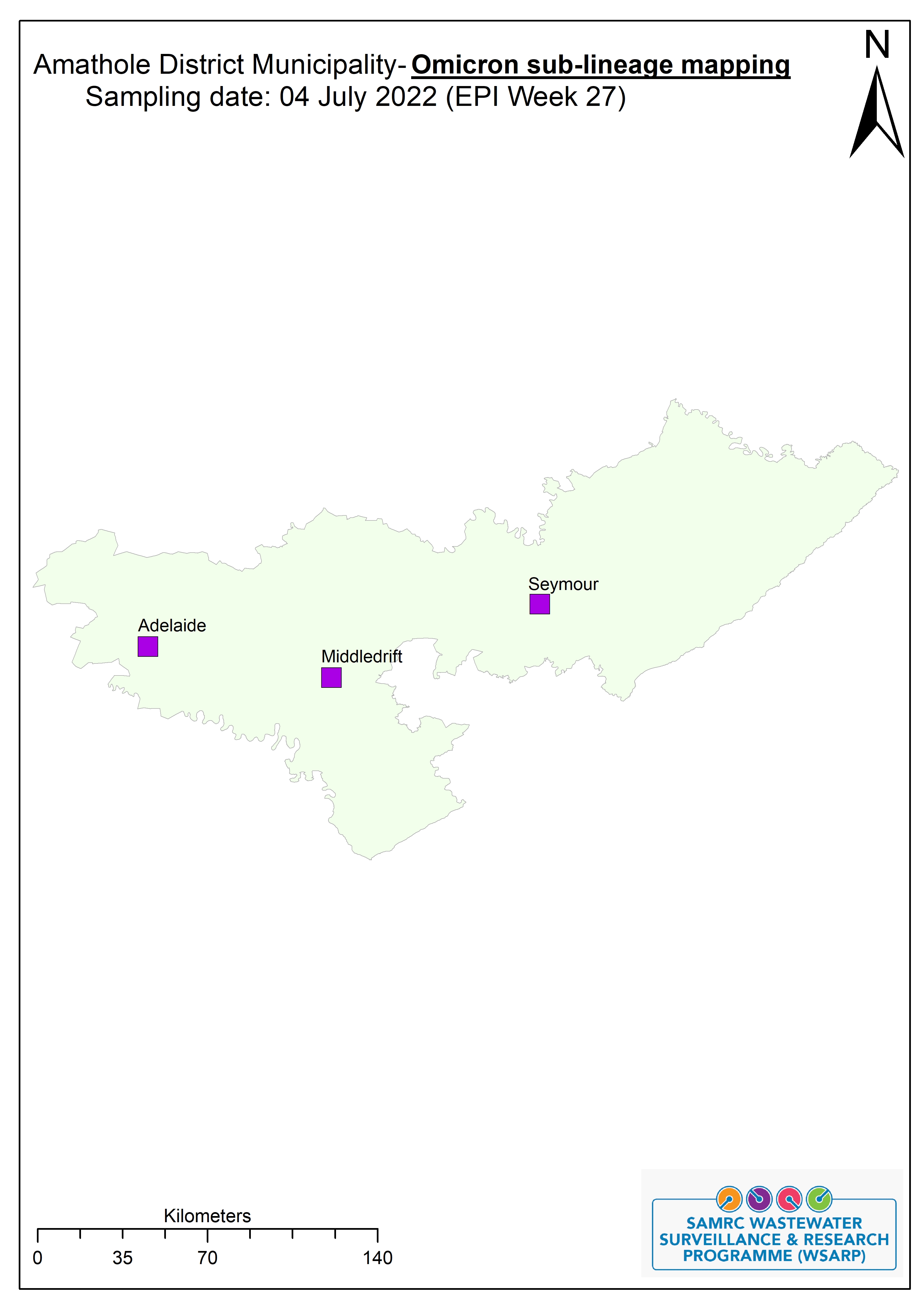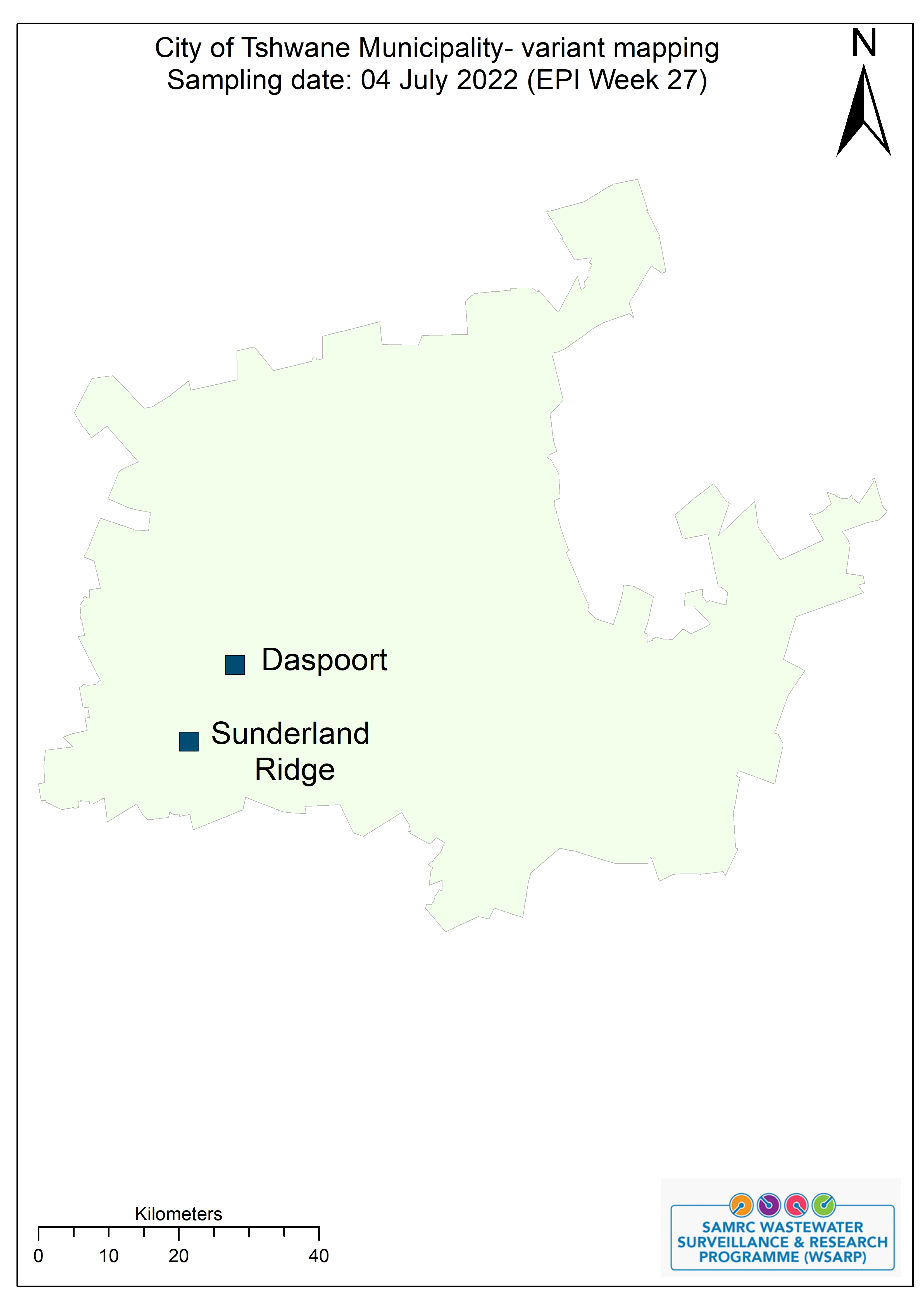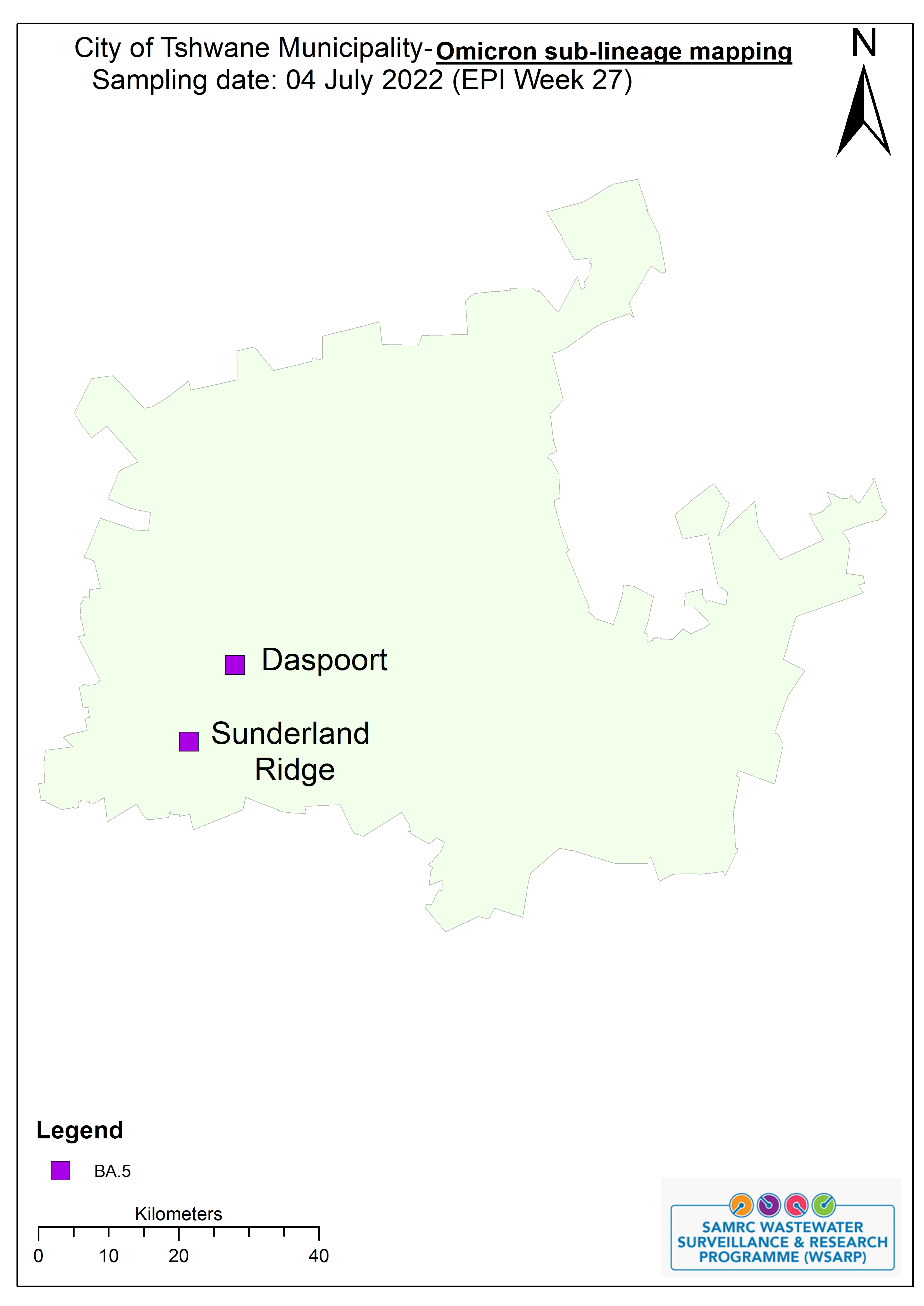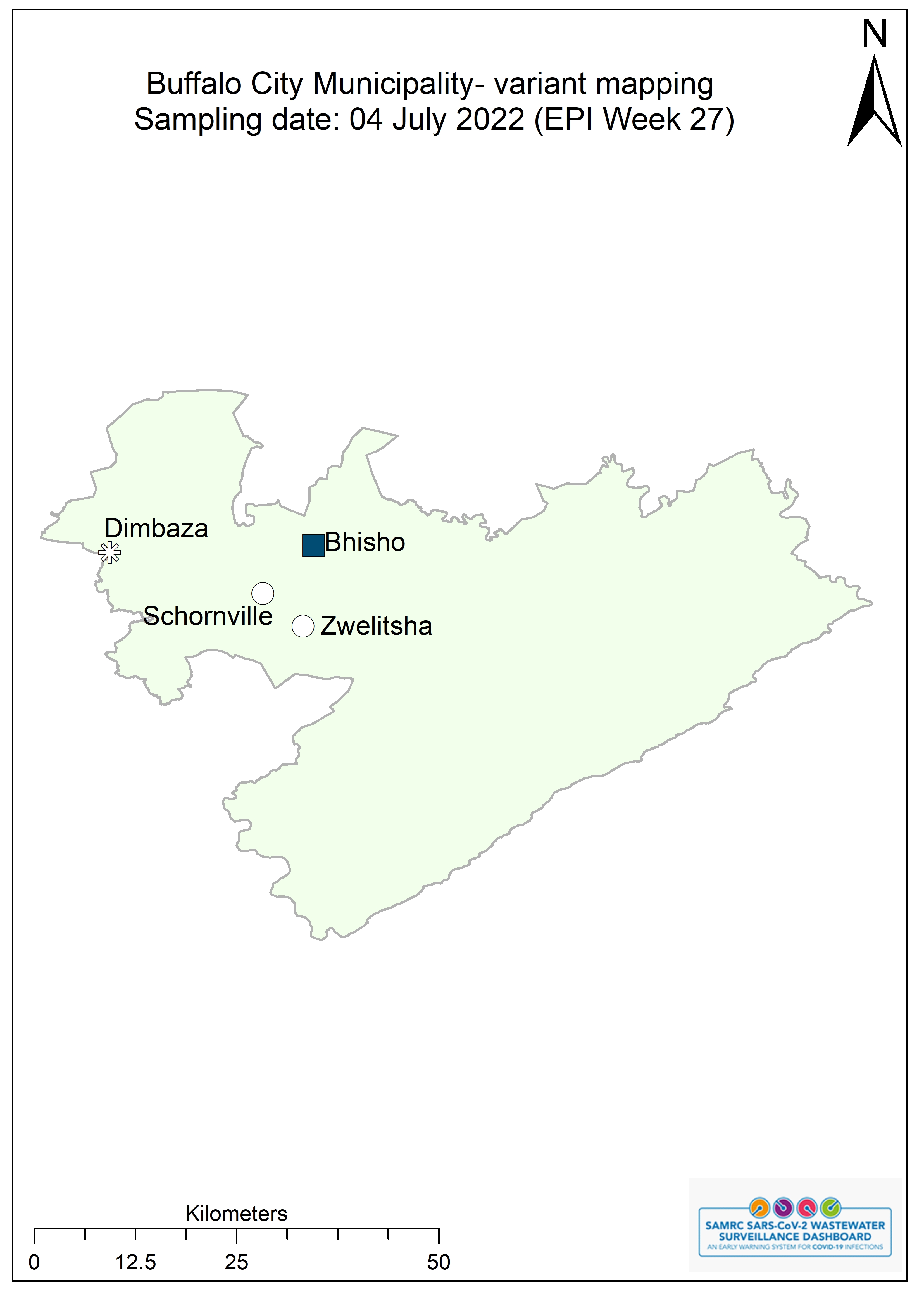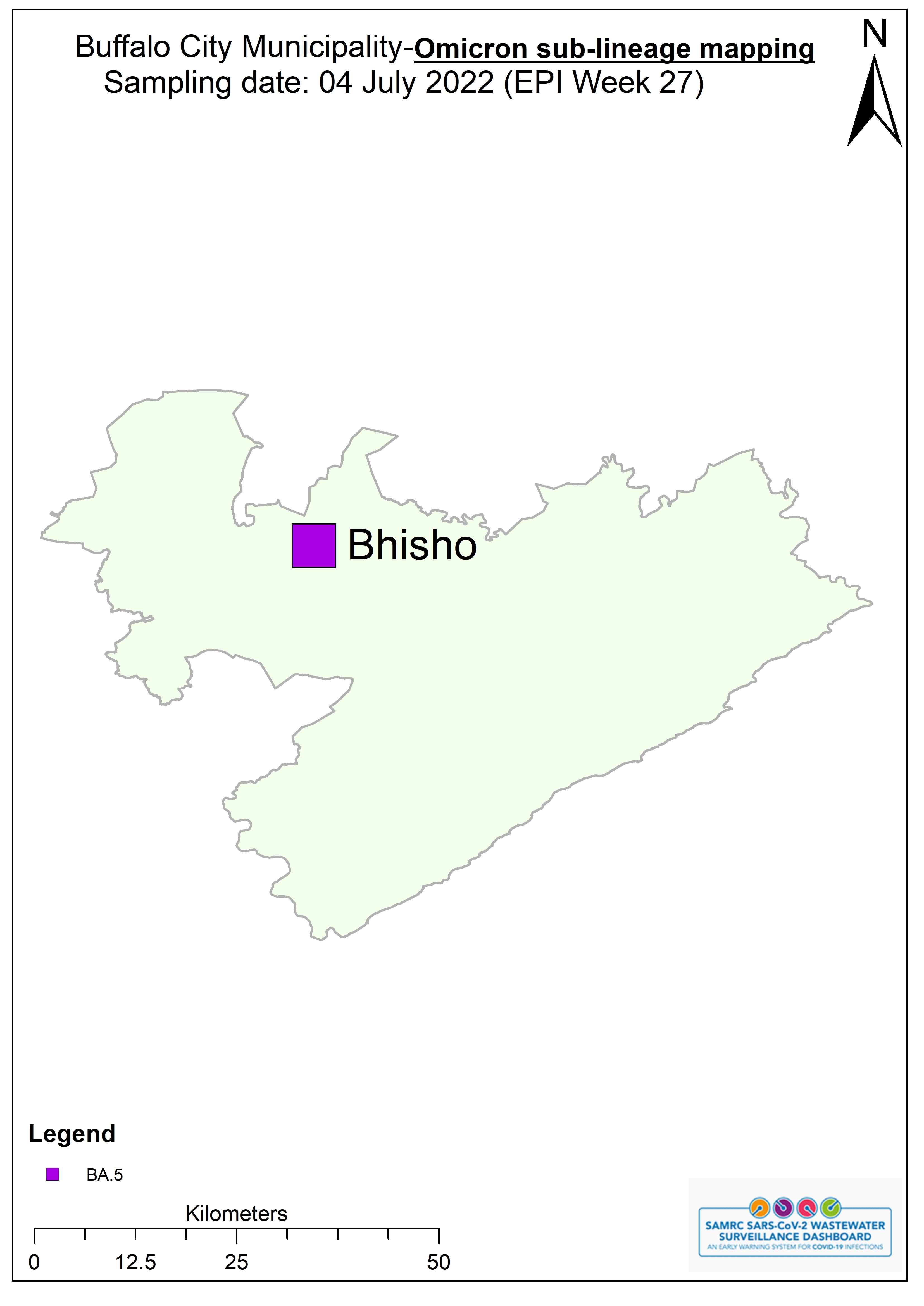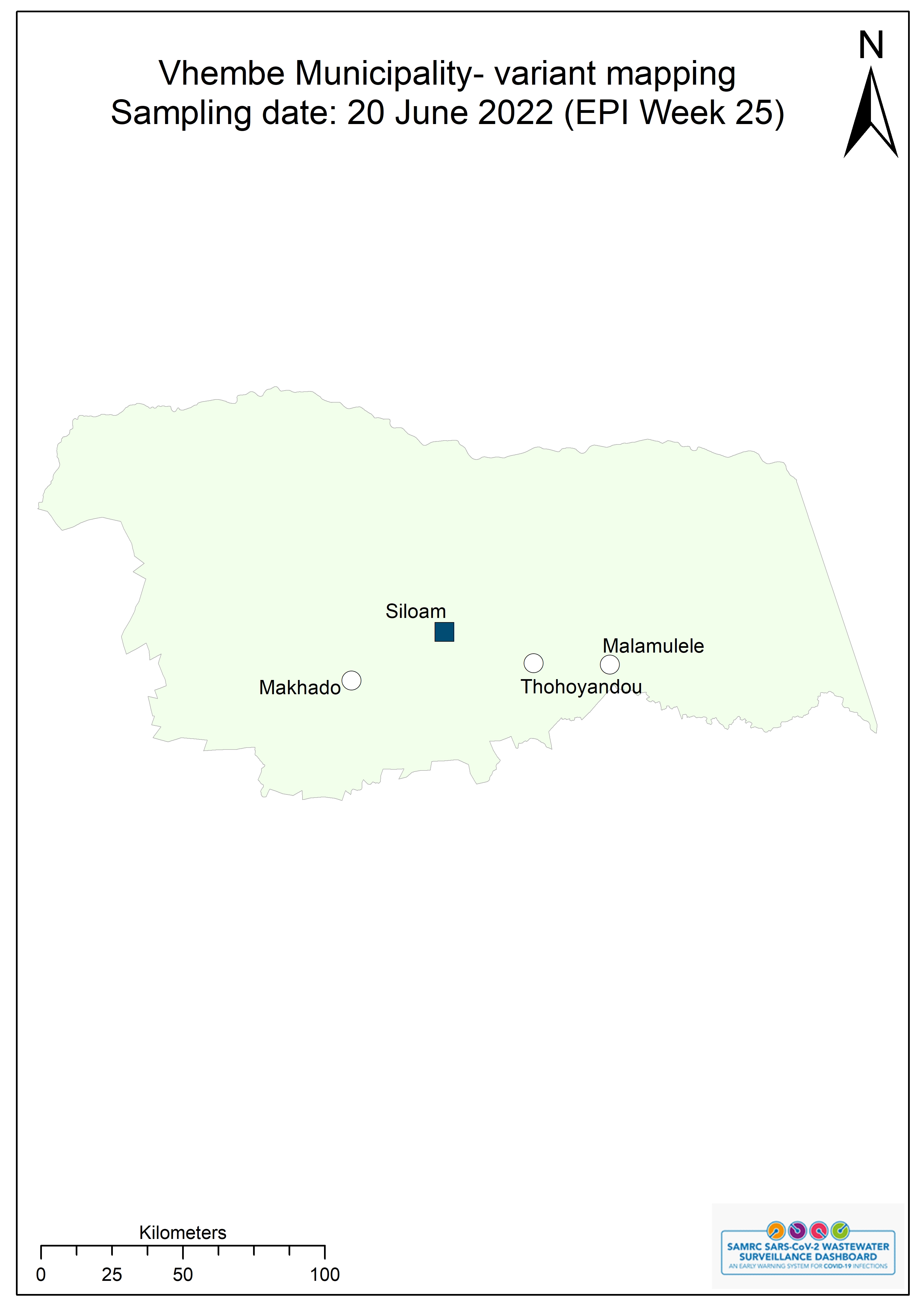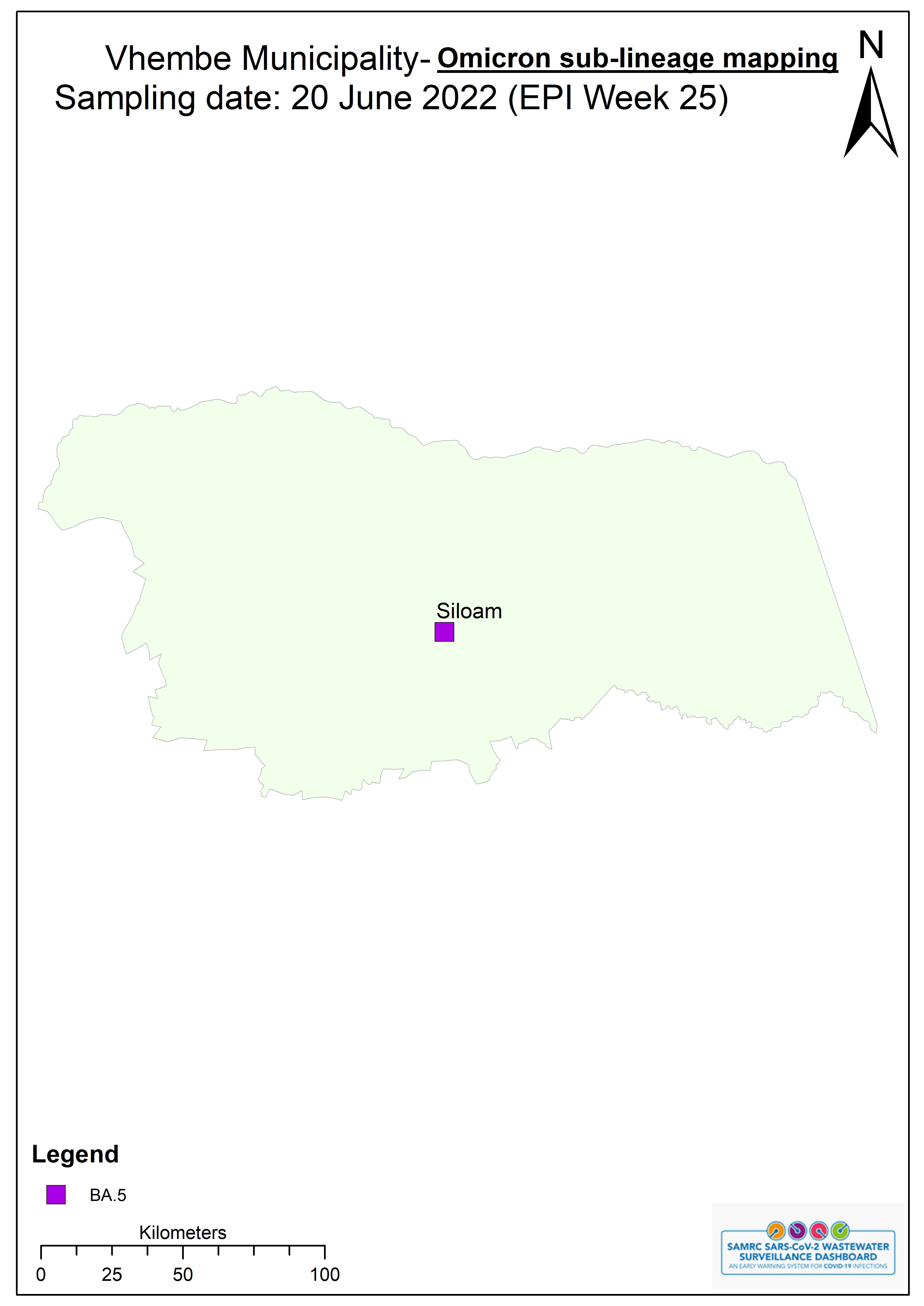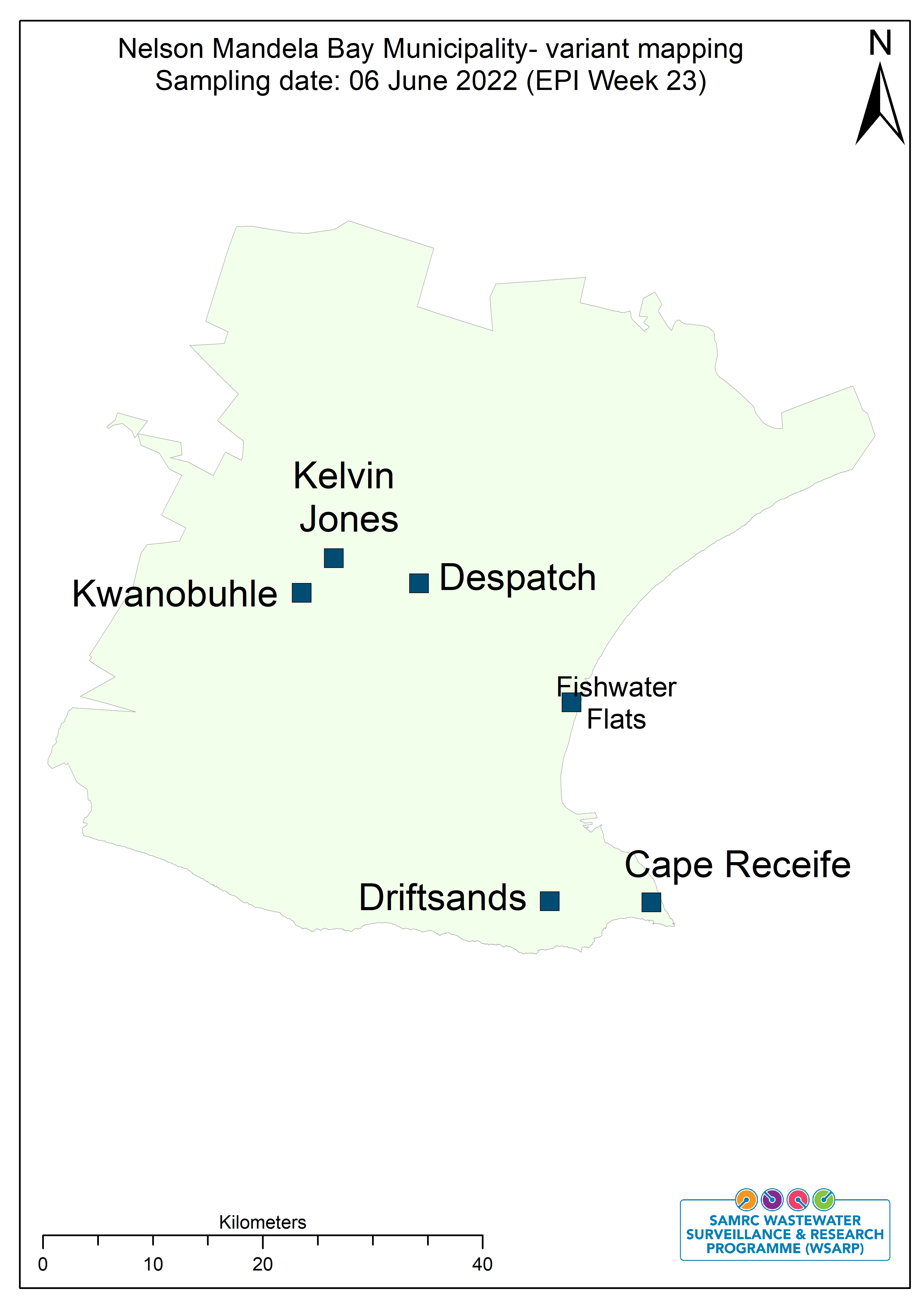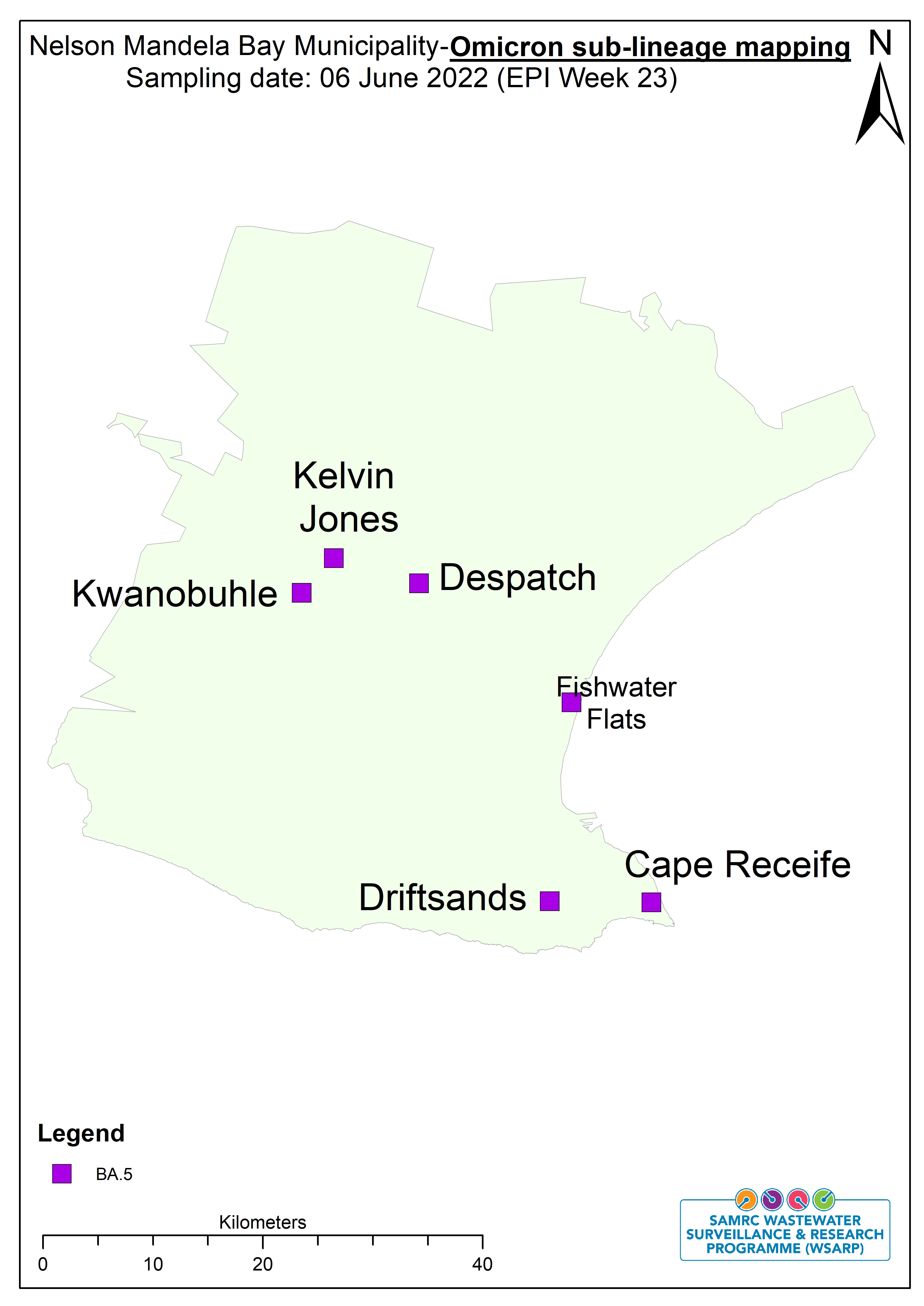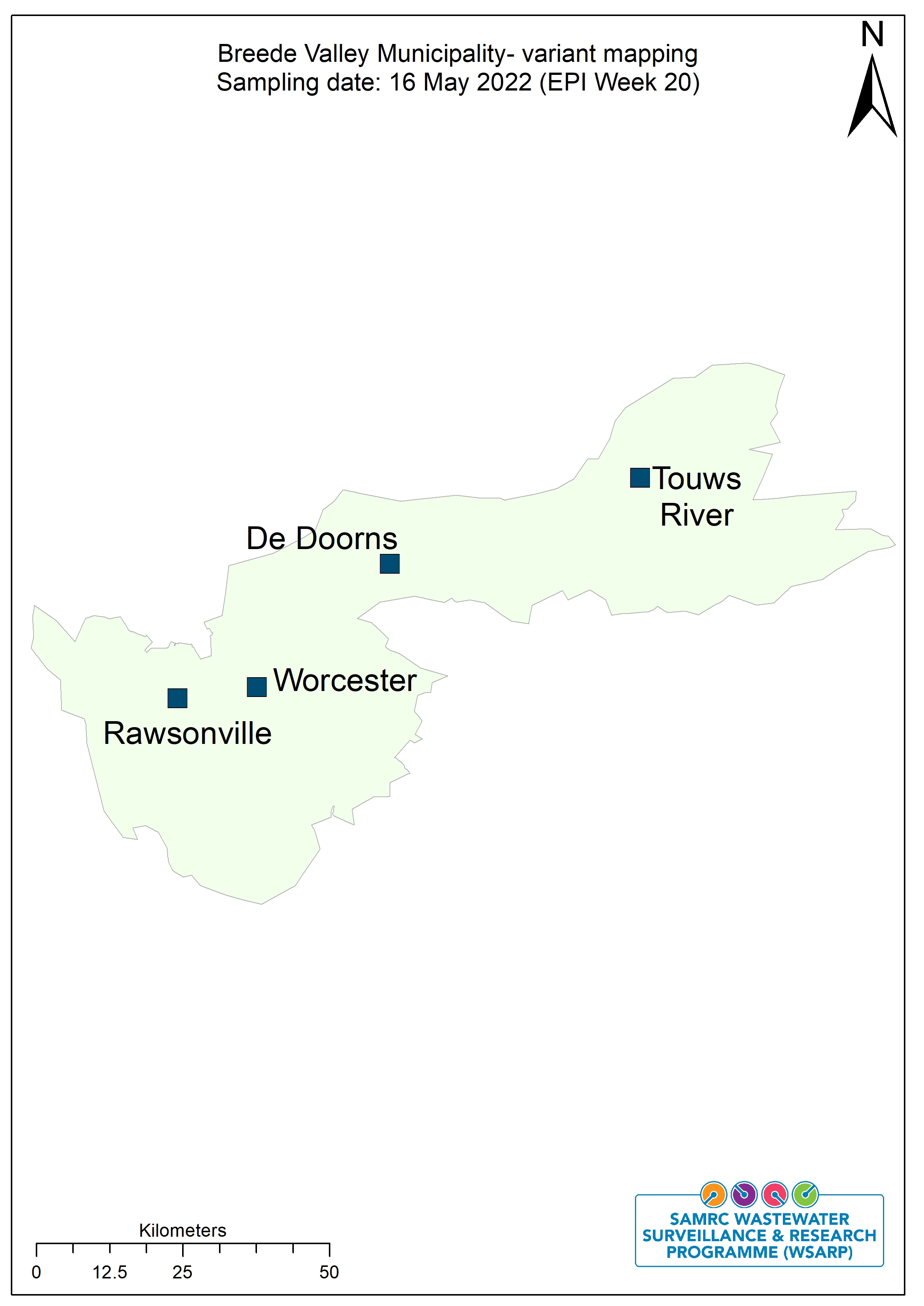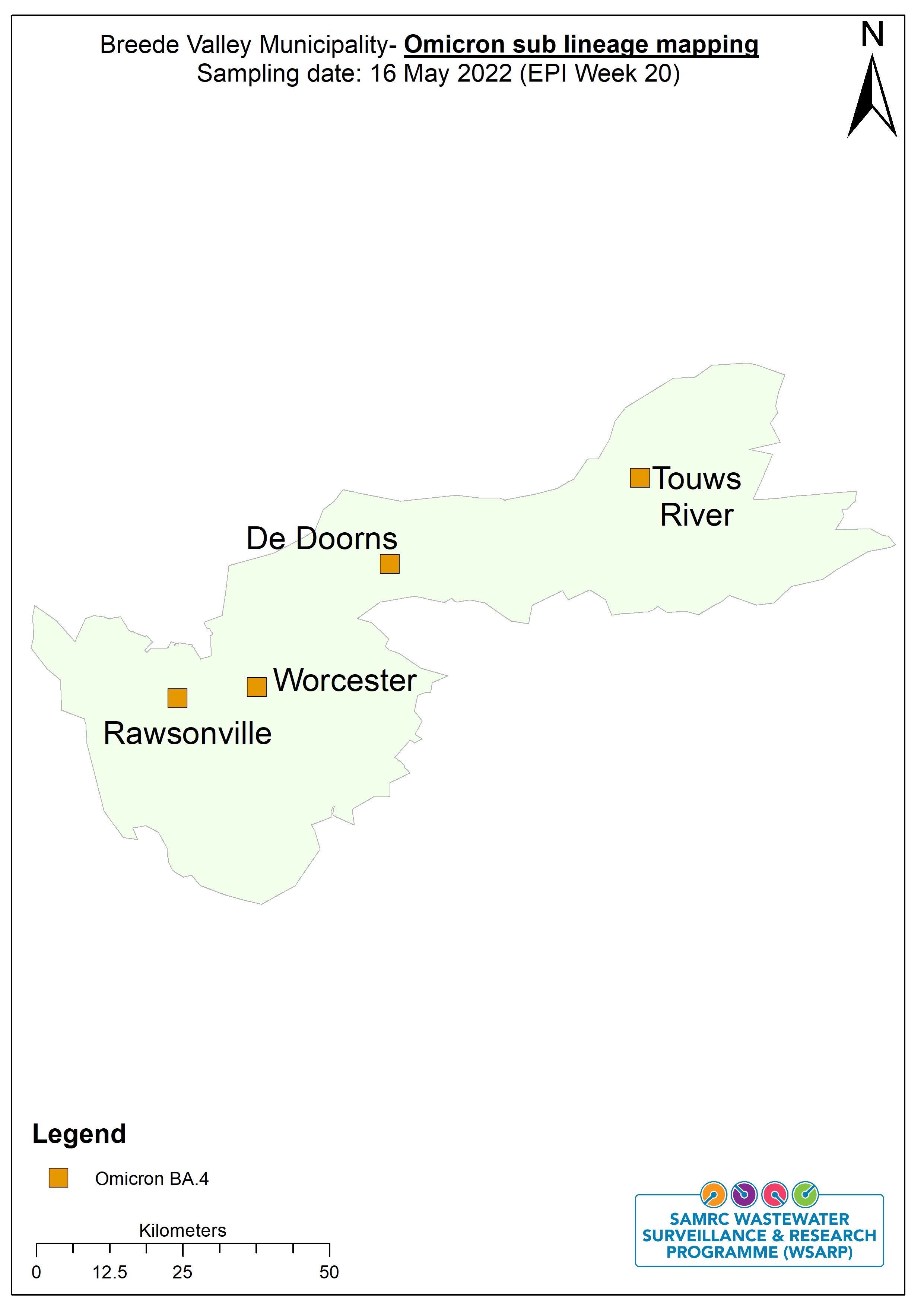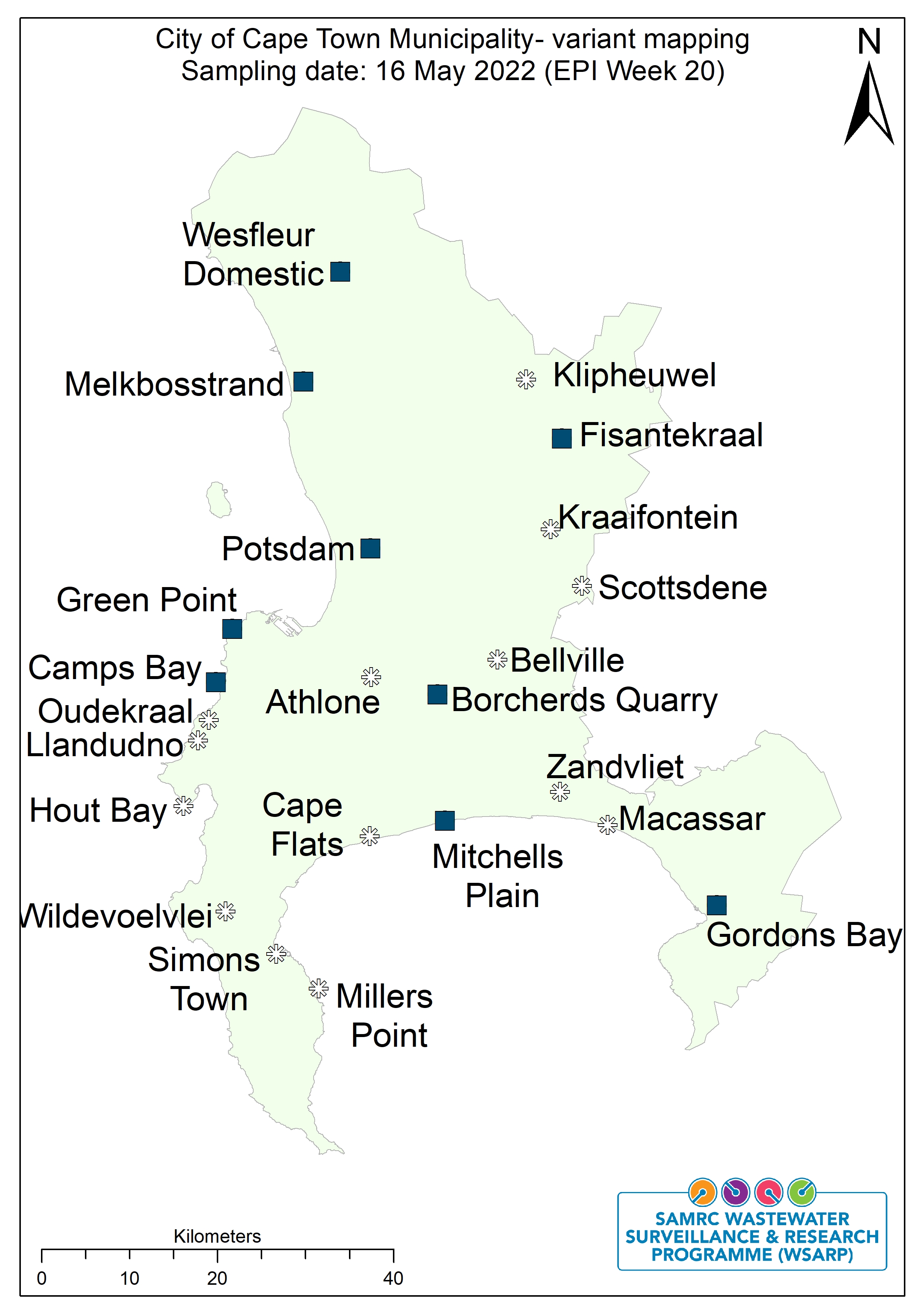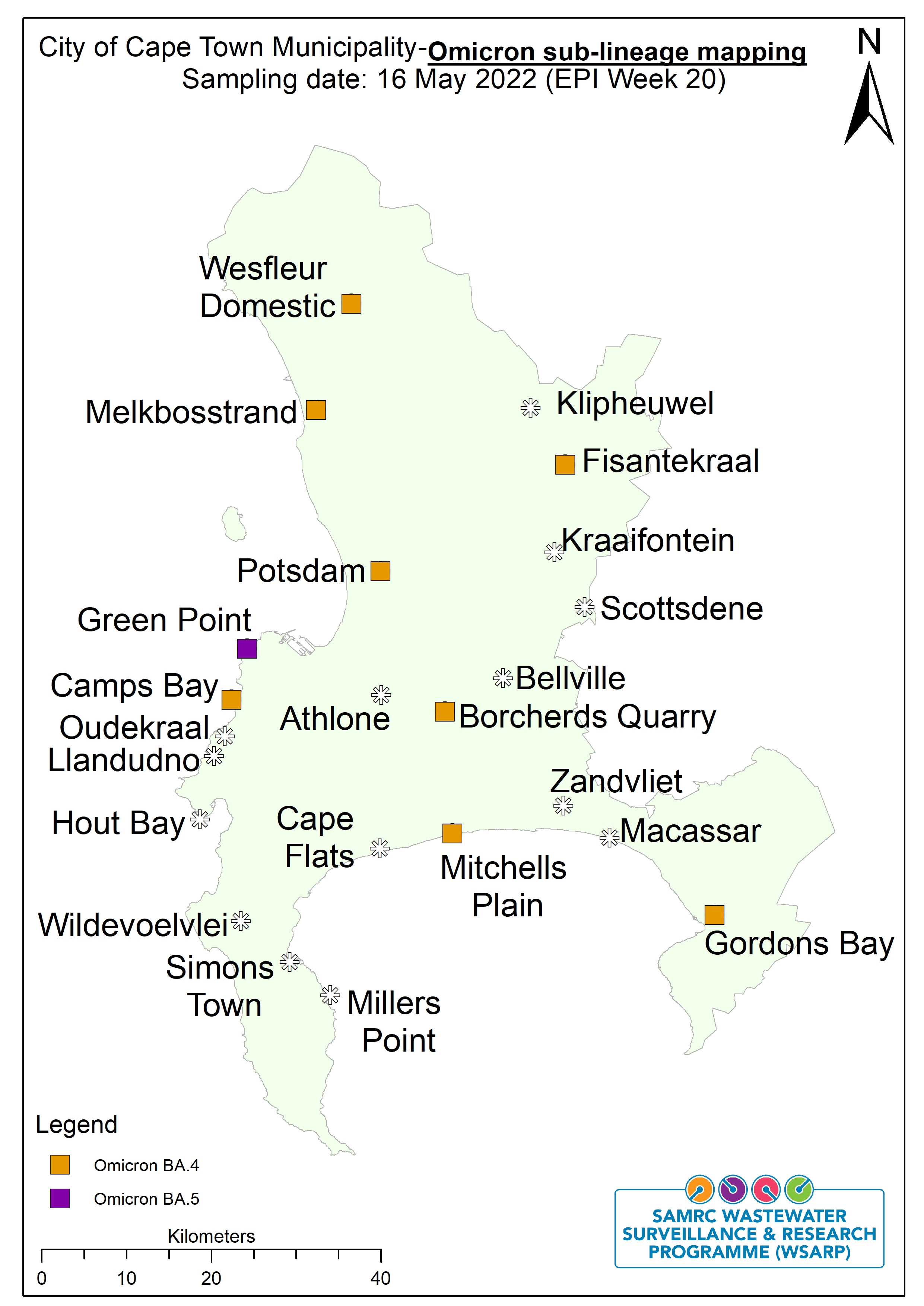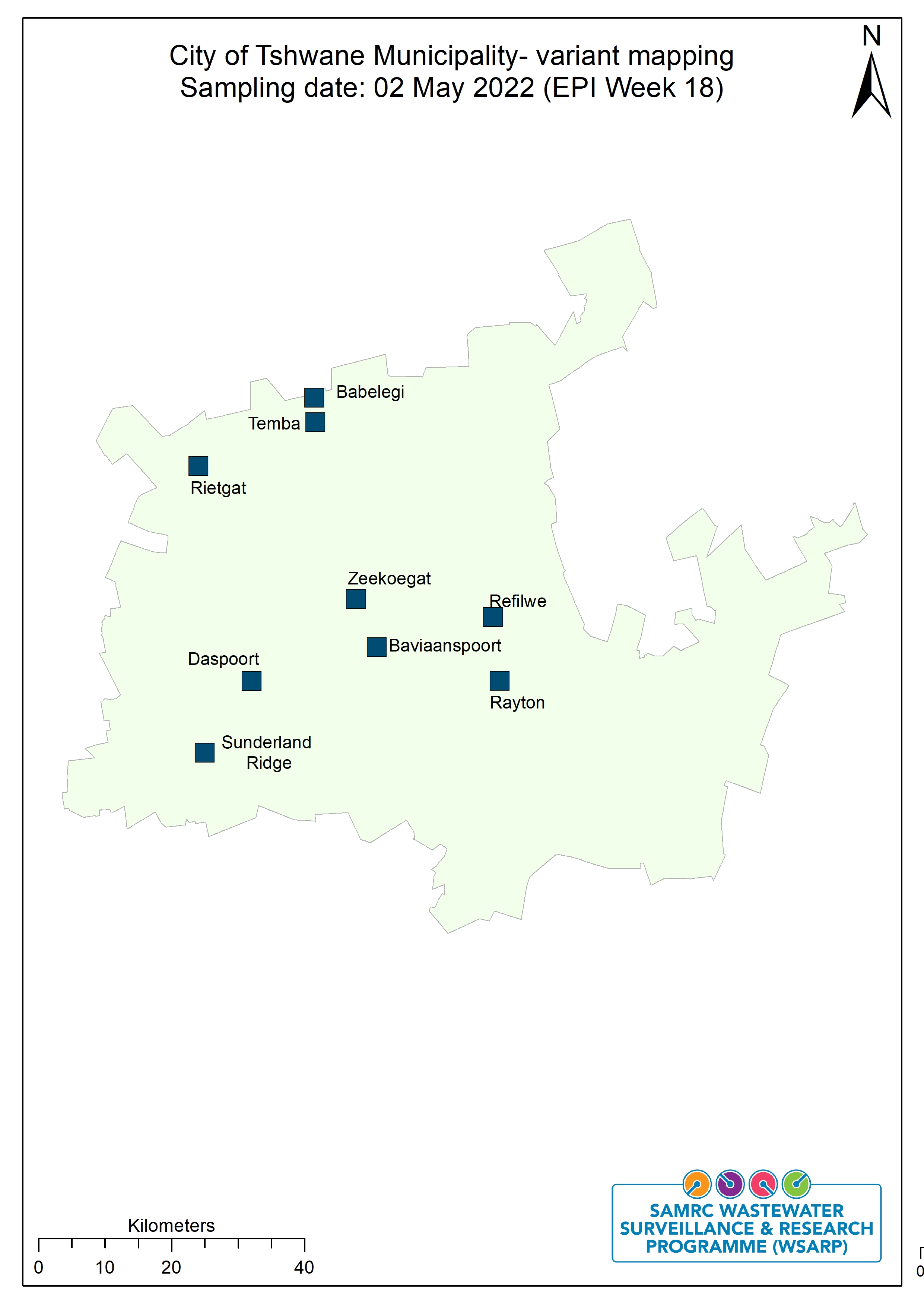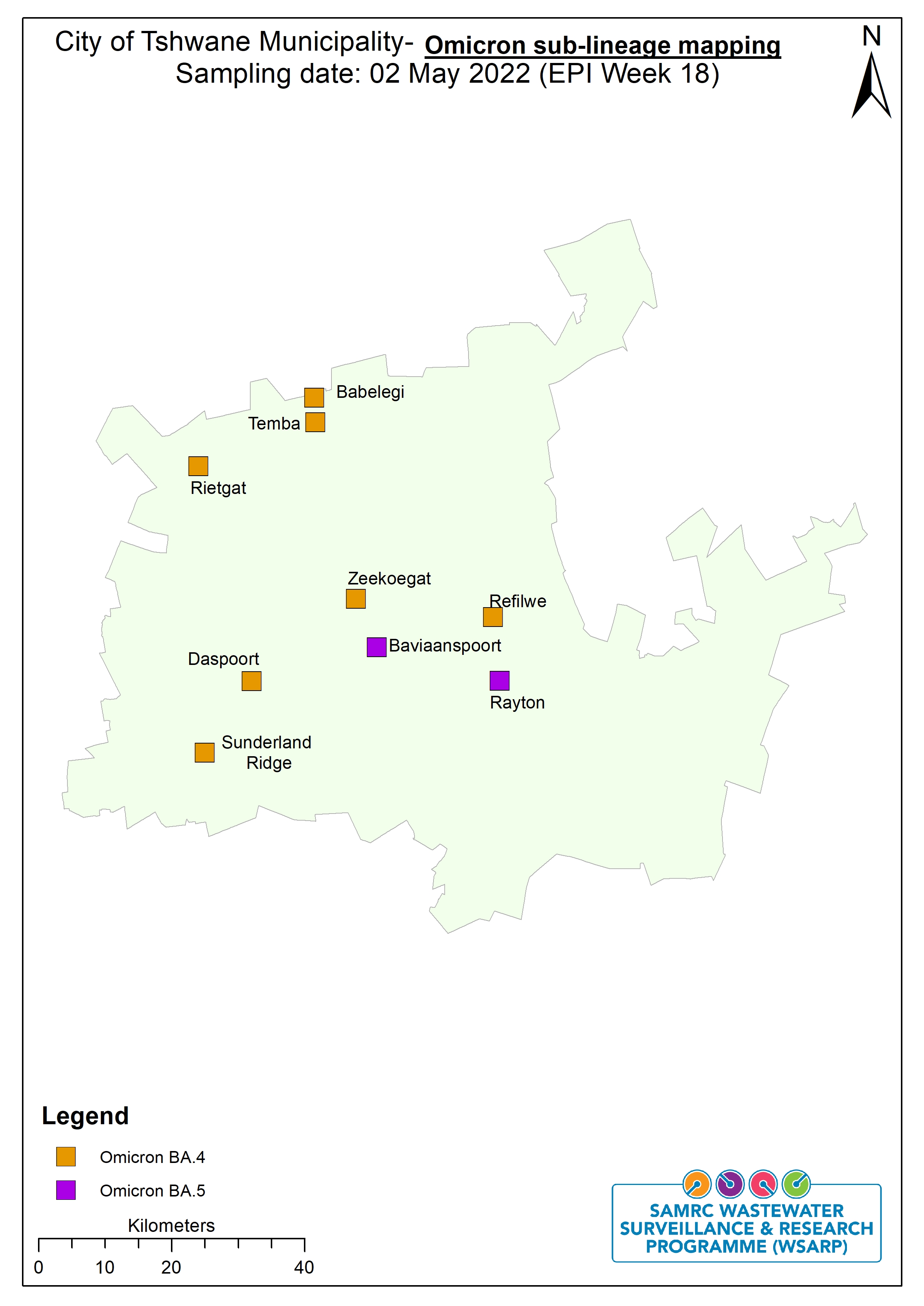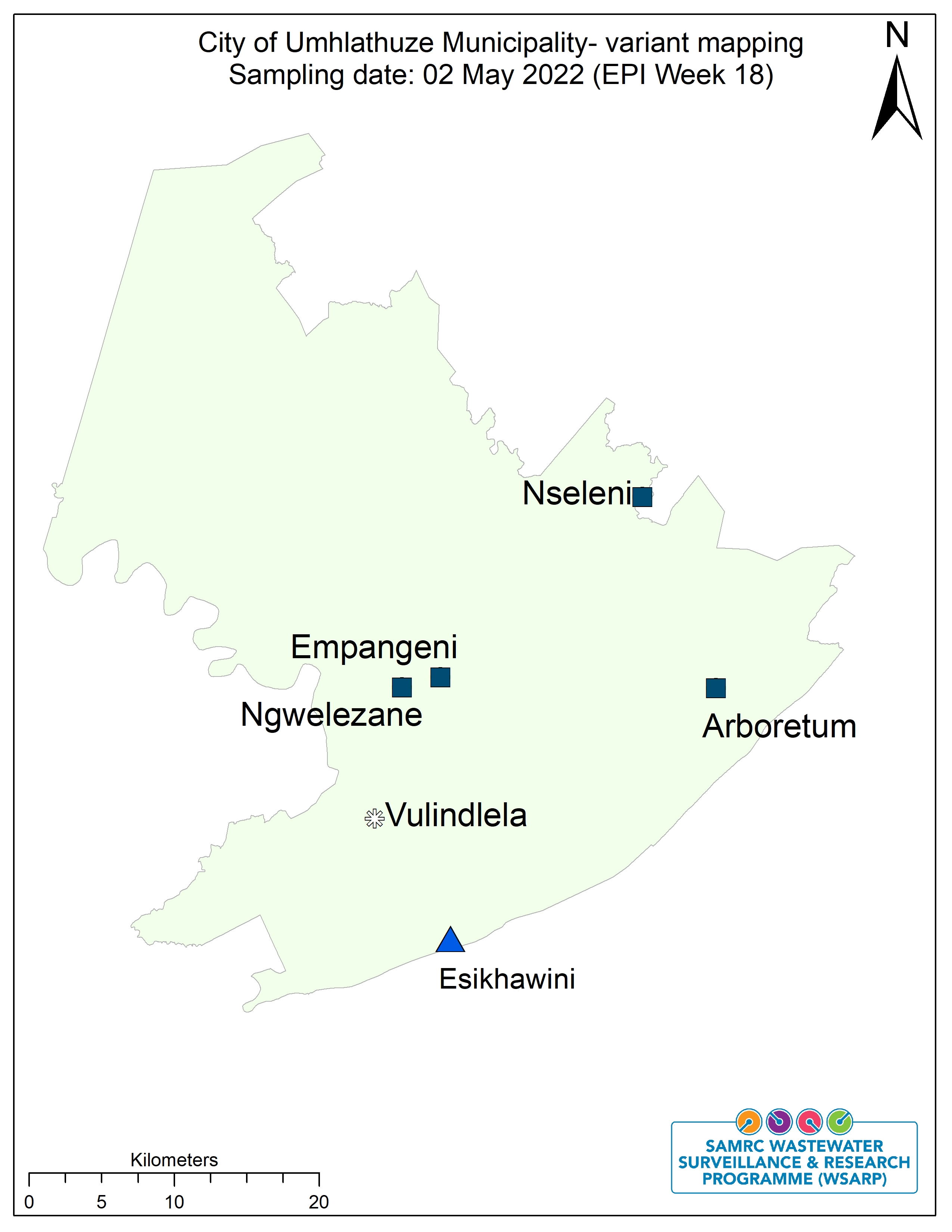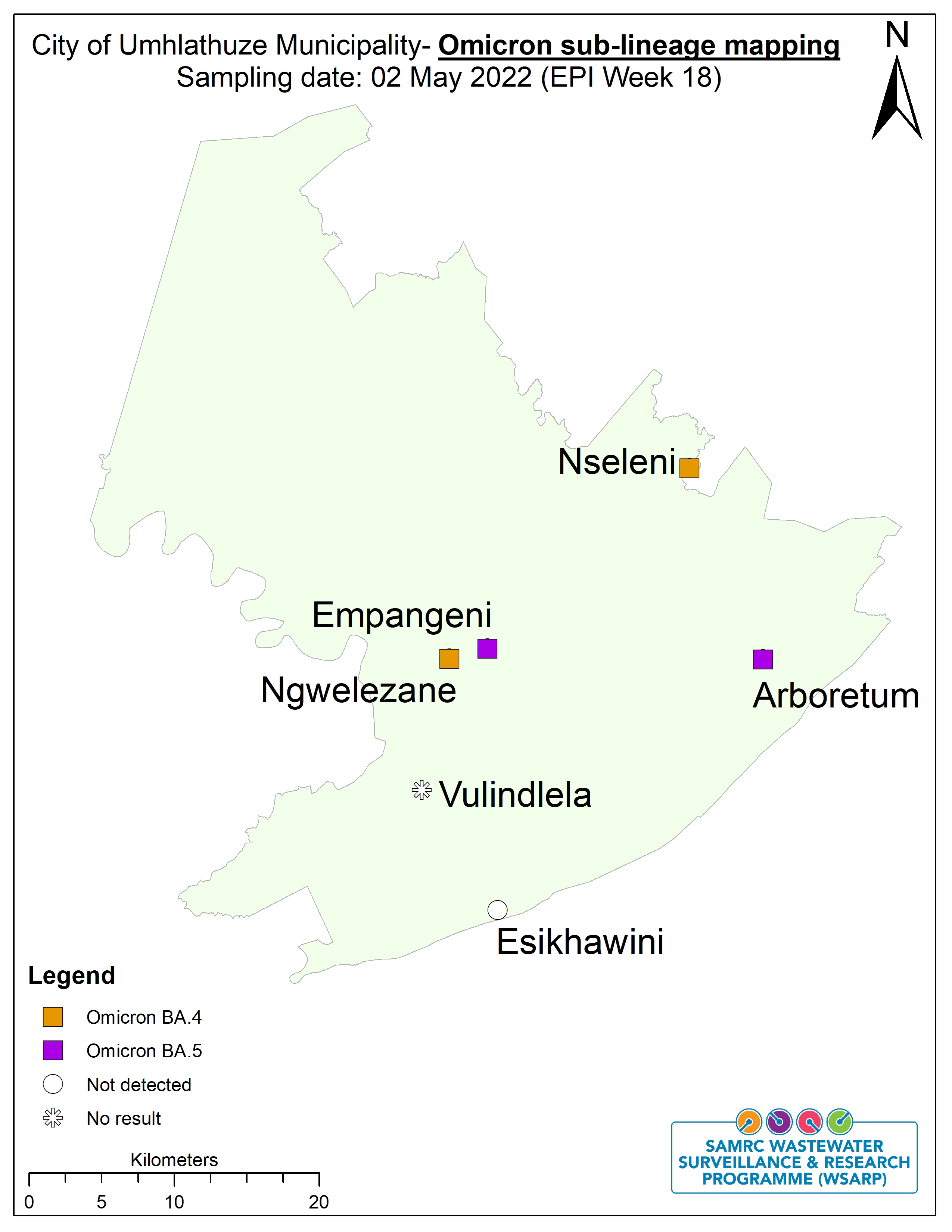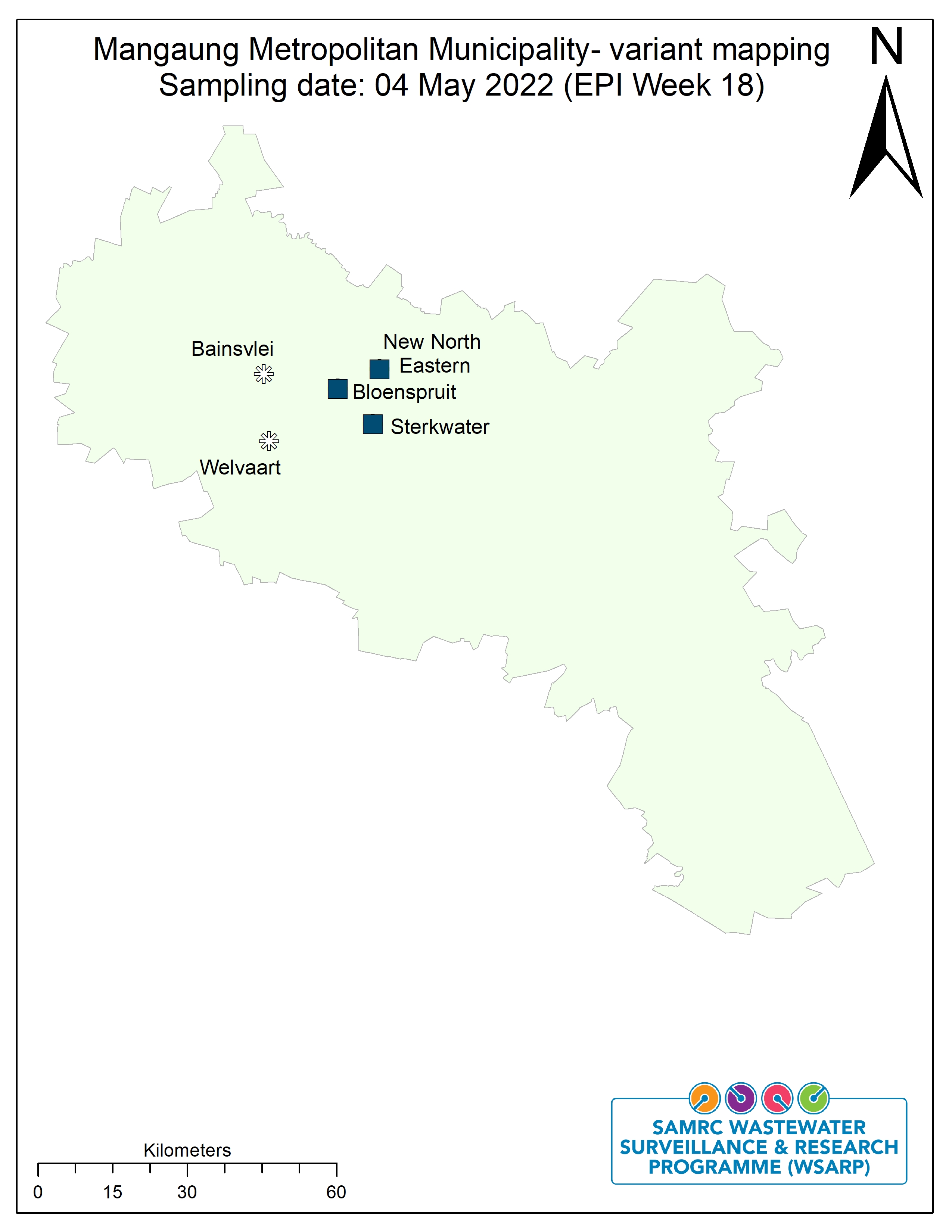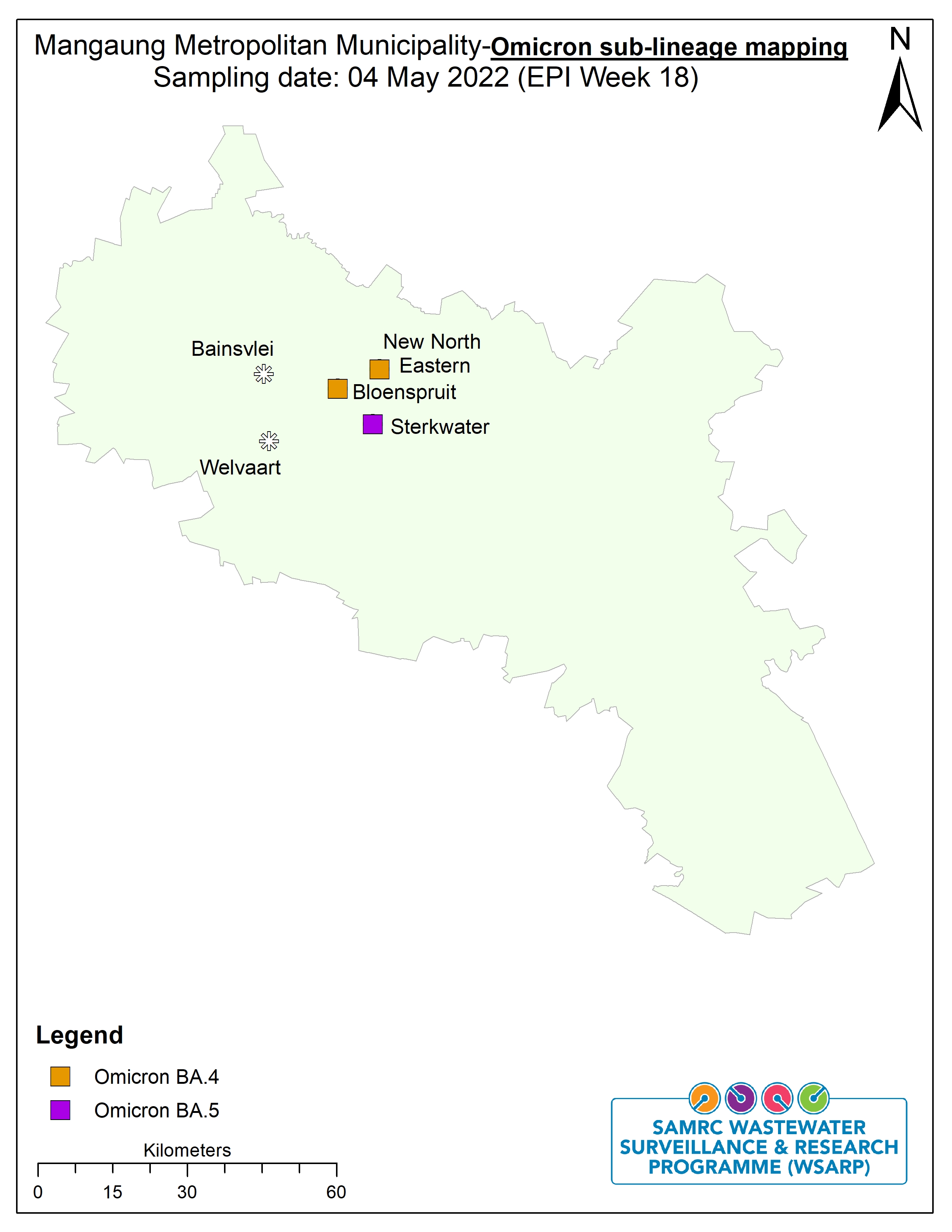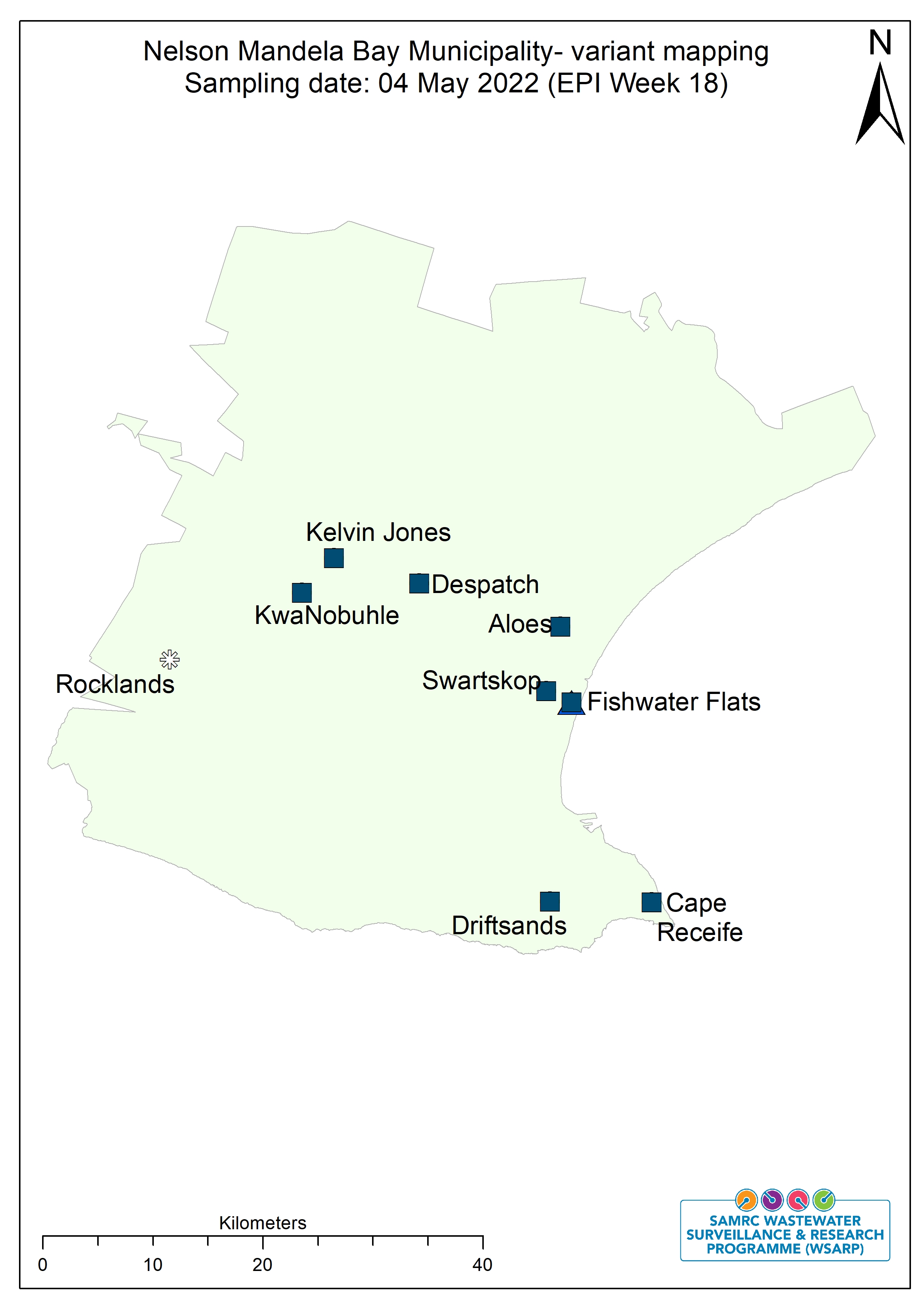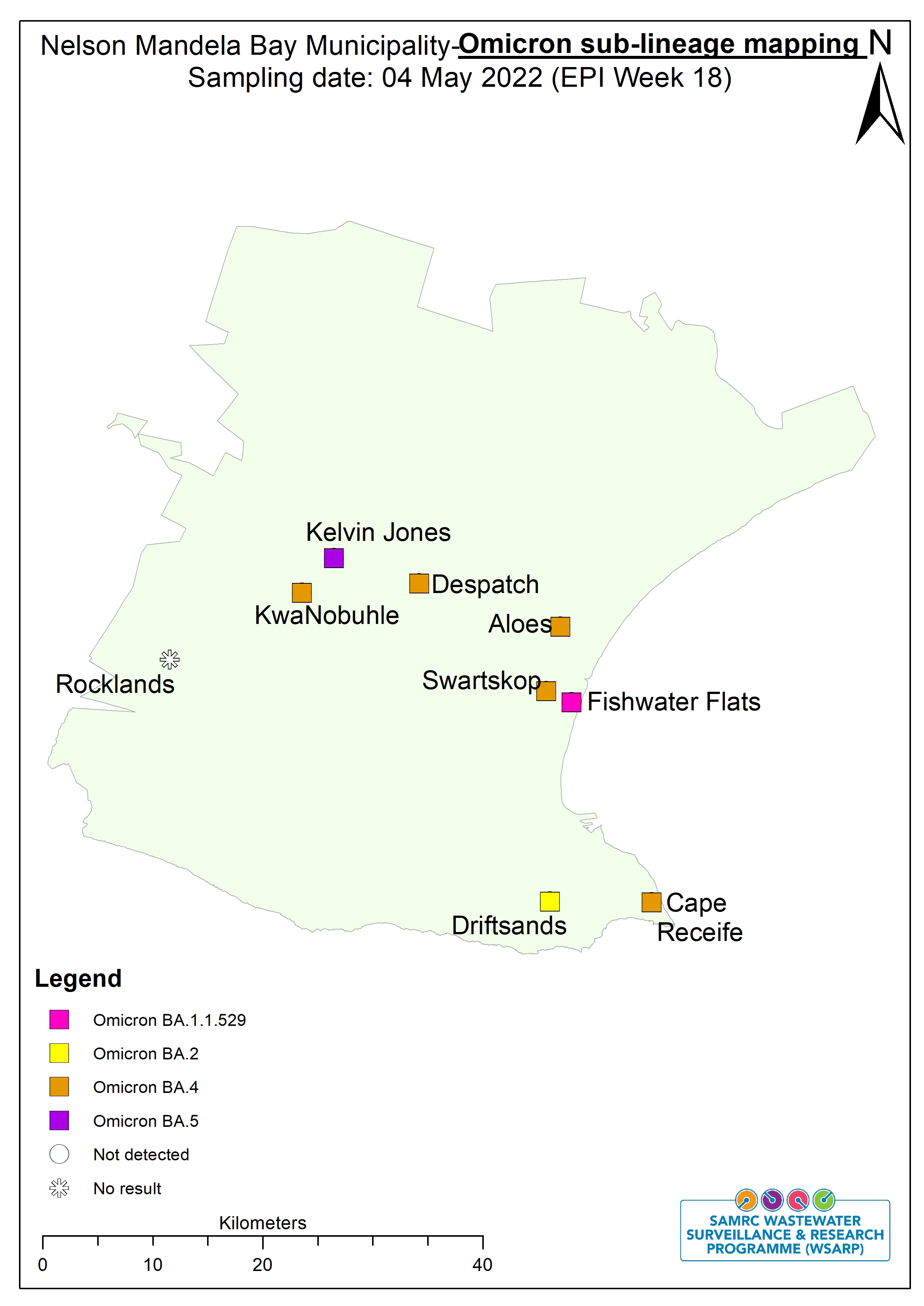WSARP Variant sequencing
What is a variant
As the severe acute respiratory syndrome 2 (SARS-CoV-2) has spread, the virus has evolved through the acquisition of new/additional mutations. These mutations define a particular new variant from other previous variants of the SARS-CoV-2 virus. A variant is a genetic code that may contain one or more mutations. These variants of SARS-CoV-2 give the virus a selective advantage of transmissibility and escape from aquired/vaccine immunity.
Classifying variants
Variants that pose an increased risk to public health can be classified as either variants of interest (VOIs) or variants of concern (VOCs). For further information, see World Health Organisation’s Tracking SARS-CoV-2 Variants
Variant surveillance in wastewater
The WSARP has expanded its work from measuring the SARS-CoV-2 RNA signal in wastewater to also testing for VOIs and VOCs.In South Africa, the Alpha (B.1.1.7), Beta (B.1.351, B.1.351.2, B.1.351.3), Delta (B.1.617.2, AY.1, AY.2, AY.3), and Omicron (BA.1.1.529, BA.2, B.A.3, BA.4, BA.5) variants have been detected in both clinical samples and wastewater samples.
The WSARP has detected the Alpha, Beta, Delta and Omicron variants in wastewater.
The results shown on the maps display the predominant variant detected in the wastewater samples collected for a particular week. This information is useful to identify the current circulating variant within that specific catcment area that may be driving the COVID-19 pandemic in communities.
How often do we test for variants?
The wastewater surveillance for SARS-CoV-2 RNA is done on a weekly basis, however, the sequencing of variants in wastewater is done less frequently. The WSARP dashboard displays the most up-to-date variant data.
11 July 2022-EPI WEEK 28
04 July 2022-EPI WEEK 27
20 June 2022-EPI WEEK 25
6 June 2022-EPI WEEK 23
16 May 2022-EPI WEEK 20
